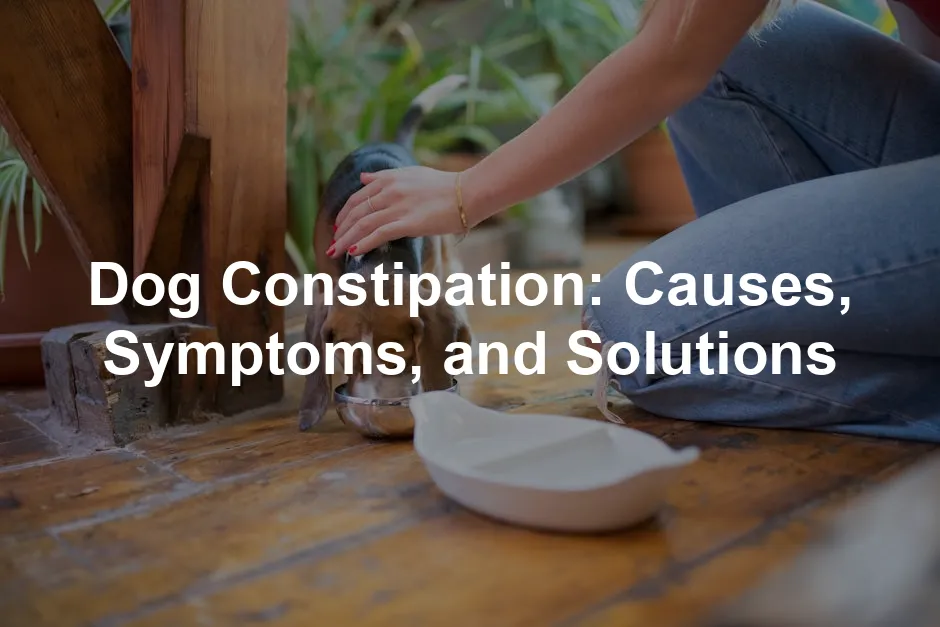Introduction
Dog constipation is a common health issue. It affects a dog’s ability to pass stool regularly. When a dog struggles to poop, it can cause discomfort and stress. Recognizing this condition early is crucial. If left unchecked, it might lead to severe complications. This article will cover the causes, symptoms, treatments, and prevention of dog constipation.
Summary and Overview
Dog constipation is characterized by infrequent or difficult bowel movements. It can lead to more severe health issues if left untreated, such as obstipation. Common causes include dietary issues, lack of exercise, and underlying medical conditions. Symptoms can range from mild discomfort to severe straining and lack of appetite. Treatment often involves dietary changes, hydration, and veterinary intervention when necessary.
What Is Dog Constipation?
Constipation in dogs refers to the infrequent or difficult passage of stool. It can be an occasional problem or a chronic issue. Occasional constipation means your dog might struggle to poop once in a while. Chronic constipation occurs frequently and can lead to more severe conditions.
Obstipation is a severe form of constipation. It happens when the stool becomes so dry and hard that the dog cannot defecate at all. Another serious condition is megacolon, where the colon enlarges and loses its ability to contract. Normal bowel movement frequency for dogs is typically one to three times per day, depending on factors like diet and exercise. If your dog is going longer than usual without a bowel movement, it may indicate a problem.
Causes of Dog Constipation
Constipation in dogs can stem from various factors. Understanding these causes can help you prevent and address this uncomfortable condition.
One primary cause is a lack of fiber in your dog’s diet. Fiber aids digestion and promotes regular bowel movements. Dogs that consume primarily low-fiber foods may struggle to pass stool effectively. Incorporating more fiber-rich options, like vegetables or specialized dog foods, can often help. Consider adding Blue Buffalo Life Protection Formula Dog Food, which is packed with wholesome ingredients to ensure your dog gets the fiber they need.
Dehydration is another significant factor. Water is essential for softening stool. If your dog isn’t drinking enough, it can lead to hard, dry feces. Always ensure your dog has access to fresh water. Adding moisture-rich foods, like canned dog food, can also assist in keeping your dog hydrated. A great option is the Merrick Grain-Free Texas Beef & Sweet Potato Recipe, which is not only delicious but also hydrating!
A sedentary lifestyle can contribute to constipation as well. Regular exercise stimulates the digestive system, promoting healthy bowel movements. If your dog is less active, consider increasing their daily walks or playtime. Don’t forget to make it fun with a Chuckit! Ultra Ball Dog Toy to keep them engaged!
Ingestion of foreign objects can also block the intestines. Dogs are often curious and may eat non-food items like toys, bones, or even plants. This can lead to obstructions, causing constipation. If you suspect your dog has swallowed something they shouldn’t, seek veterinary advice.
Certain medical conditions can also cause constipation. Issues such as hypothyroidism or anal gland problems can hinder a dog’s ability to defecate. Older dogs may experience more complications due to age-related changes in their digestive systems. If your dog regularly suffers from constipation, consult your veterinarian to rule out underlying health issues.
It’s worth noting that around 15% of dogs experience constipation at least once in their lives. Being aware of these causes can help you monitor your dog’s health and take action when necessary. Early intervention can prevent complications and ensure your furry friend remains comfortable and healthy.
Understanding the impact of various dog health issues can help in recognizing and managing conditions like constipation effectively.
Dog Constipation Home Remedies
If your dog is experiencing mild constipation, several home remedies may provide relief. It’s essential to remember, however, to consult your veterinarian before trying any remedy. This ensures you don’t overlook any underlying health issues that might require professional attention.
One of the simplest methods is to increase fiber intake. Adding canned pumpkin to your dog’s diet can be very effective. Plain, 100% pumpkin puree is high in fiber and moisture. Just a tablespoon for small dogs or up to two tablespoons for larger breeds can help regulate their digestive system. Alternatively, you can incorporate bran into their meals for an extra fiber boost. If you’re looking for a tasty treat that also supports digestion, try Zesty Paws Probiotic Bites for Dogs.
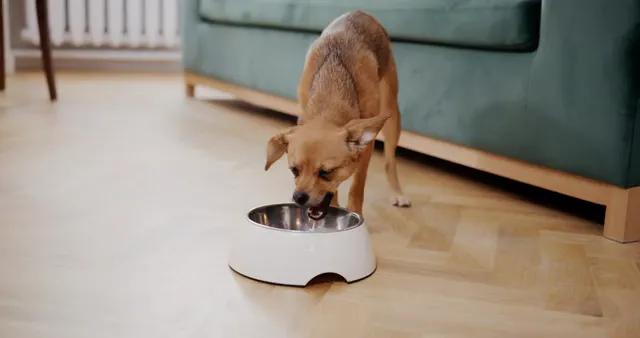
Hydration is another crucial factor for digestive health. Ensure your dog has constant access to fresh water. If your pup is reluctant to drink, consider switching their diet to wet food or adding broth to their dry kibble. This increases their fluid intake and helps soften the stool. A dash of low-sodium chicken or beef broth can make a big difference.

Regular exercise also plays a significant role in relieving constipation. Taking your dog for longer walks or engaging them in play can stimulate bowel movements. Even a bit of backyard playtime can be beneficial. The more active your dog is, the better their digestive system will function. Consider using a PetSafe Easy Sport Dog Harness for comfort during walks!
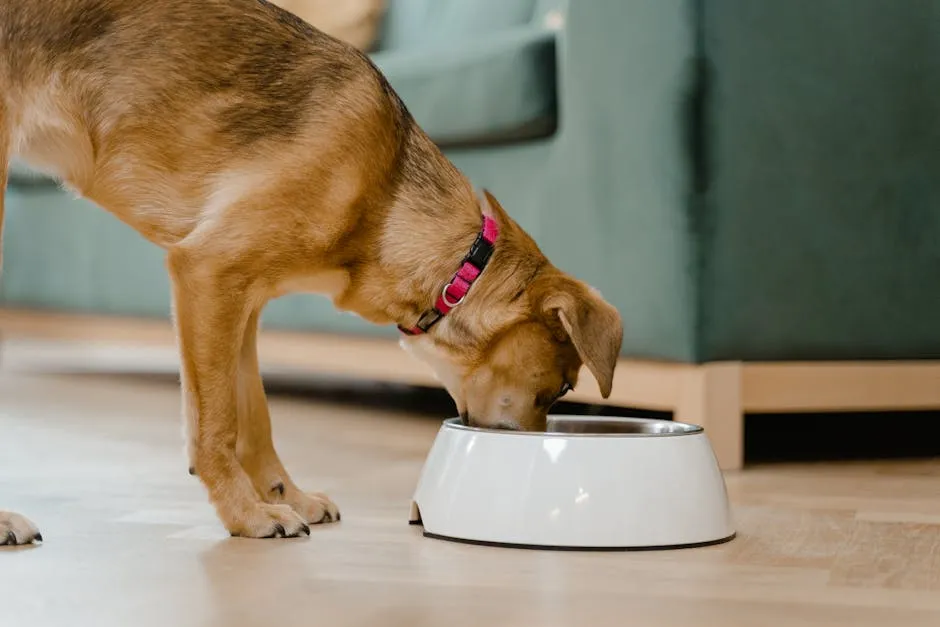
Some pet owners have found that adding a small amount of coconut oil or olive oil to their dog’s food can help lubricate the digestive tract. Just a teaspoon mixed into their meals can ease the passage of stool.
In addition, probiotics can be a beneficial addition to your dog’s diet. These help restore balance to their gut bacteria, promoting overall digestive health. You can find dog-specific probiotics in many pet stores or consult your vet for recommendations. For an easy option, consider Vet’s Best Digestive Aid for Dogs.

While these remedies may help alleviate mild constipation, always watch for signs of distress. If your dog shows severe symptoms like vomiting, lack of appetite, or hasn’t had a bowel movement in 48 hours, seek veterinary assistance immediately. Taking proactive steps can help ensure your furry friend stays comfortable and healthy.
Veterinary Treatments for Dog Constipation
When home remedies aren’t enough, or if your dog has severe constipation, veterinary intervention may be necessary. Your veterinarian can evaluate your dog’s condition and recommend appropriate treatments based on the severity of the issue.
One common approach is administering enemas. These can help relieve constipation by introducing fluid into the colon, which aids in softening hard stool. However, enemas should only be performed by a vet to avoid discomfort and potential complications.
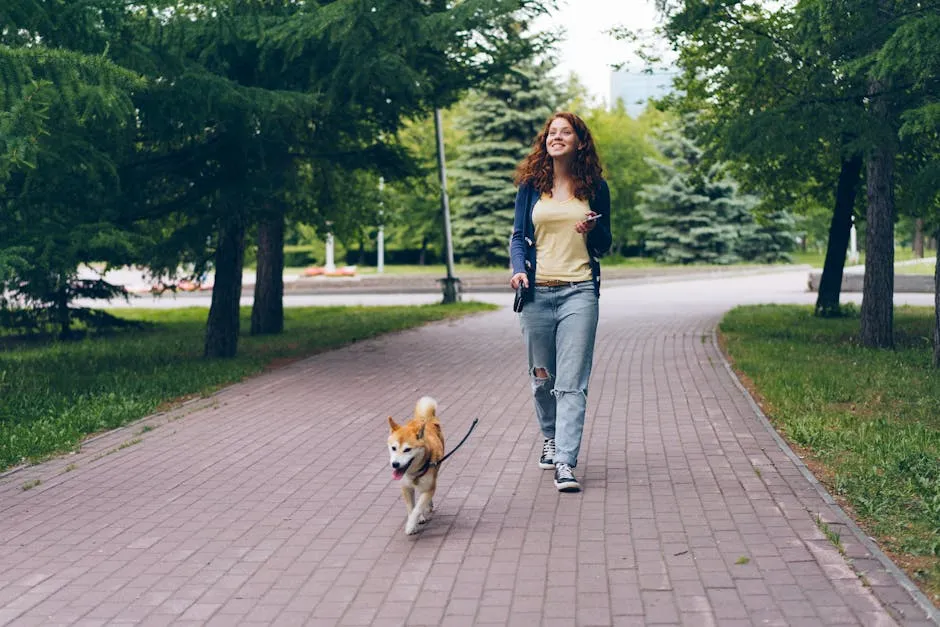
Stool softeners are another option. Medications like lactulose can help draw water into the intestines, making stool easier to pass. Your vet will prescribe the correct dosage based on your dog’s size and health status.
Dietary adjustments can also play a key role in treatment. Your veterinarian might recommend a specialized diet that is higher in fiber. These diets are formulated to promote regular bowel movements and can significantly improve your dog’s condition. For the best results, consider using PetFusion Ultimate Dog Bed for your furry friend to relax comfortably after meals!

In some cases, prescription medications may be necessary to stimulate bowel activity. Drugs like cisapride can enhance intestinal contractions, helping your dog pass stool more effectively.
If the constipation is due to an obstruction, your vet may need to perform manual removal of the impacted feces. This procedure can be uncomfortable for your dog, and sedation may be required.
Always observe your dog for signs of distress or pain. If you notice symptoms like vomiting, lethargy, or a swollen abdomen, seek veterinary help immediately. Early intervention can prevent complications and ensure your dog returns to their happy, healthy self swiftly.
Prevention of Dog Constipation
Preventing dog constipation is essential for your pet’s health. A few simple lifestyle changes can make a big difference.
First, regular exercise is crucial. Dogs need daily physical activity to stimulate their digestive systems. A quick walk or playtime can help keep their bowels moving. Try to engage your dog in fun activities for at least 30 minutes each day.
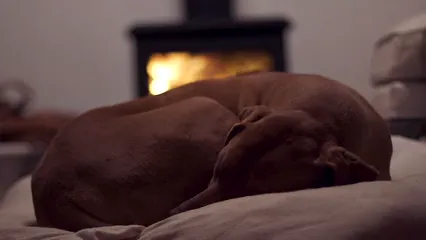
Next, focus on a balanced diet. Make sure your dog’s food includes adequate fiber. Foods high in fiber, like vegetables or specially formulated dog foods, promote healthy digestion. If you’re unsure about your dog’s diet, consult your vet for recommendations. Consider using Vet’s Best Dog Toothbrush and Toothpaste Set to maintain their dental health as well!
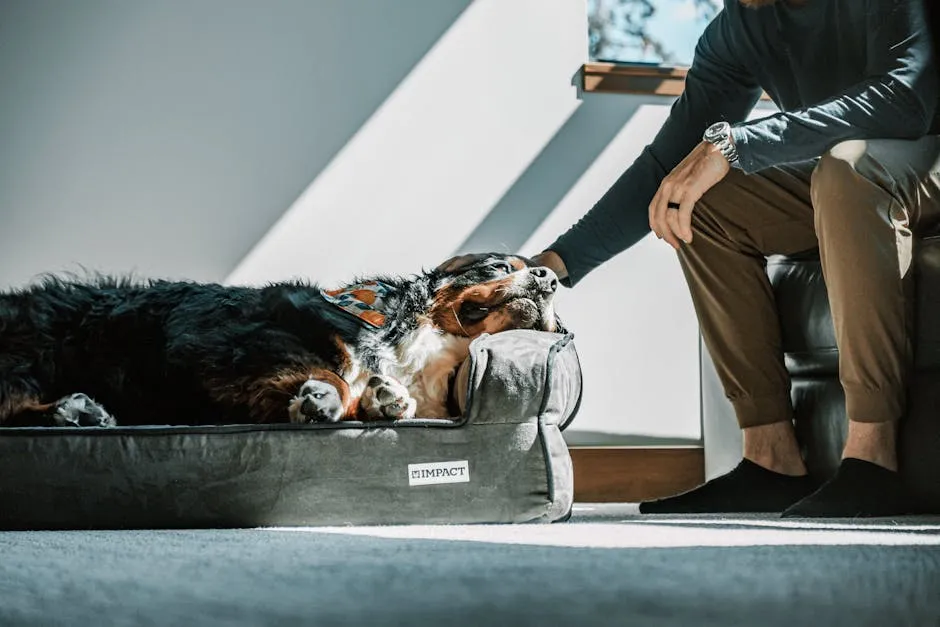
Hydration is another vital factor. Ensure your dog has constant access to fresh water. Proper hydration softens stool, making it easier to pass. If your dog isn’t drinking enough, consider adding wet food to their diet or using dog water fountains to encourage drinking. The PetSafe Drinkwell Platinum Pet Fountain is a great way to keep your dog hydrated!

Lastly, don’t forget about routine vet check-ups. Regular visits allow your vet to monitor your dog’s health and catch any issues early. Discuss any changes in your dog’s behavior or bowel habits during these appointments.
By taking these preventive steps, you can help maintain your dog’s digestive health. A proactive approach will ensure your furry friend stays comfortable and happy.
Conclusion
Recognizing and treating dog constipation is crucial for your pet’s well-being. Monitor your dog’s bowel habits closely. If you notice persistent issues, consult a veterinarian for advice.
Good nutrition and regular exercise play a significant role in preventing constipation. Prioritize your dog’s health by incorporating these practices into their daily routine. Your furry friend will thank you for it! Also, consider a fun read like The Dog Encyclopedia Book to learn more about your canine friend!
FAQs
How can I tell if my dog is constipated?
Recognizing signs of constipation in your dog is essential. Common indicators include straining during bowel movements, producing hard, dry stools, and discomfort while trying to defecate. You might notice your dog whining or pacing as they attempt to relieve themselves. Changes in appetite, such as refusal to eat, can also signal an issue. If your dog hasn’t had a bowel movement in over 48 hours, it’s time to consult your veterinarian.
What can I give my dog for constipation?
For mild constipation, several home remedies can help. Canned pumpkin is a popular choice due to its high fiber content. Just remember, it should be plain pumpkin puree, not the spiced pie filling. Additionally, increasing hydration is crucial. Ensure your dog has access to fresh water or consider wet dog food to boost moisture intake. However, always consult your veterinarian before trying any home remedy, especially if constipation persists.
How long is too long for a dog to be constipated?
If your dog hasn’t pooped for more than 48 hours, it’s best to seek veterinary assistance. While some dogs may go a day without a bowel movement, prolonged constipation can lead to serious complications. Look out for signs like straining to defecate or showing discomfort. Any additional symptoms like vomiting or lethargy warrant immediate veterinary attention.
Can stress cause constipation in dogs?
Yes, stress can significantly impact your dog’s digestive health. Changes in environment, routine, or lifestyle can lead to anxiety, affecting their ability to relax and defecate. Dogs may also experience constipation after a stressful event, such as travel or a change in their living situation. Keeping a consistent routine and providing a calm environment can help minimize stress-related digestive issues.
What dietary changes can help prevent constipation?
A high-fiber diet is key to maintaining healthy bowel movements in dogs. Incorporate fiber-rich foods like vegetables or specialized dog foods with adequate fiber. Regular access to fresh water is also crucial for keeping stools soft. Additionally, consider regular exercise, as physical activity encourages digestive health. A balanced diet combined with hydration and exercise can greatly reduce the risk of constipation in your furry friend.
Please let us know what you think about our content by leaving a comment down below!
Thank you for reading till here 🙂
All images from Pexels

